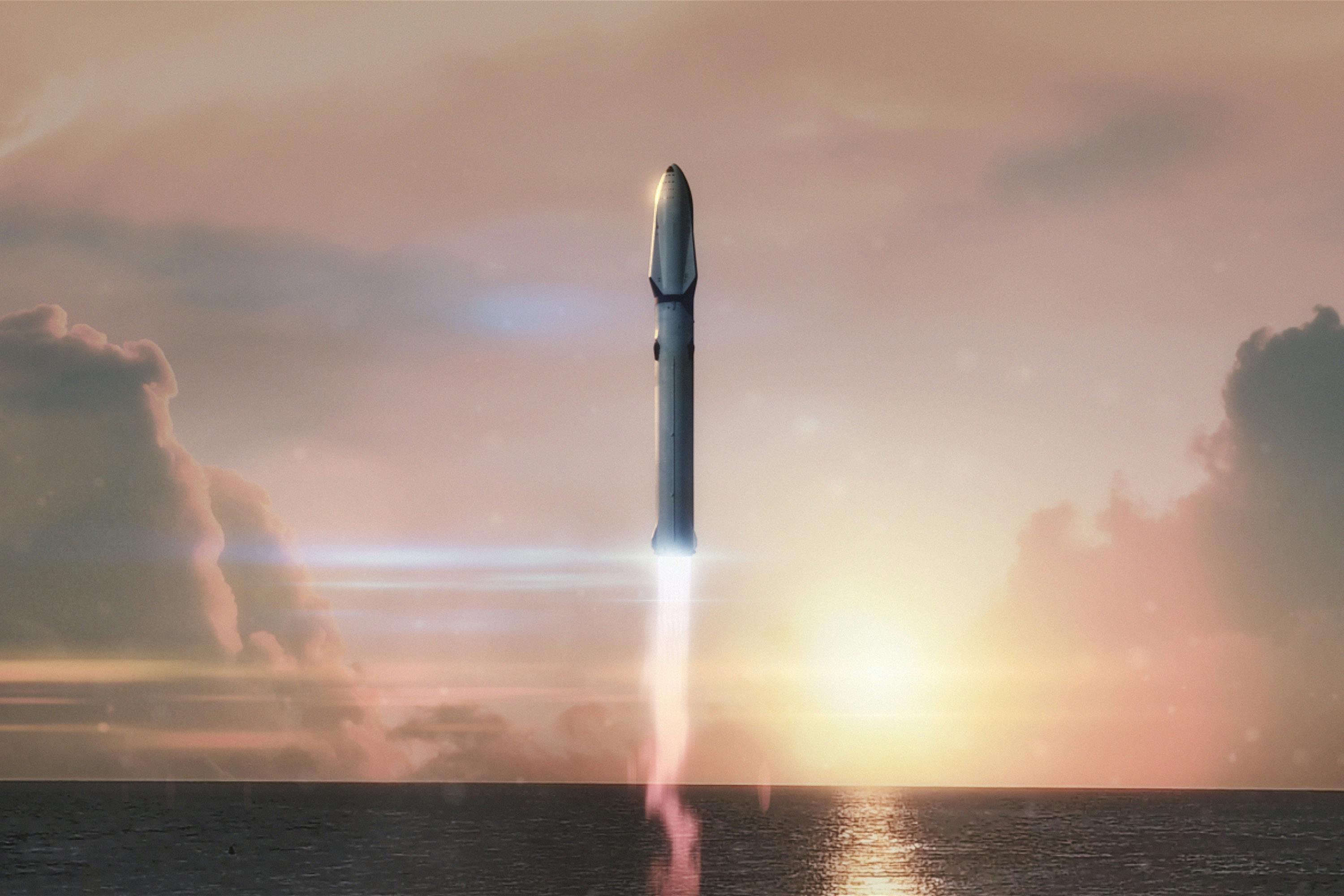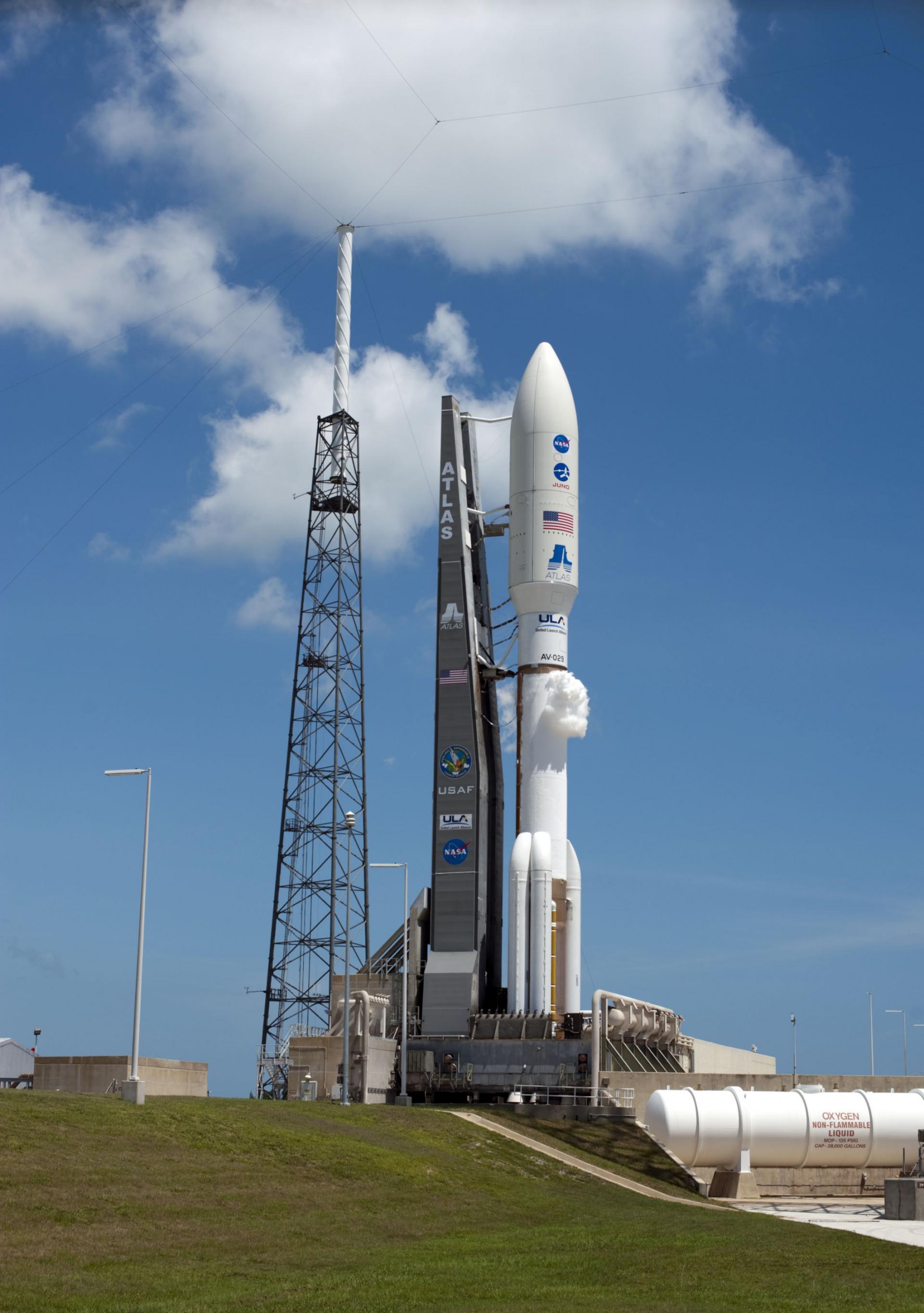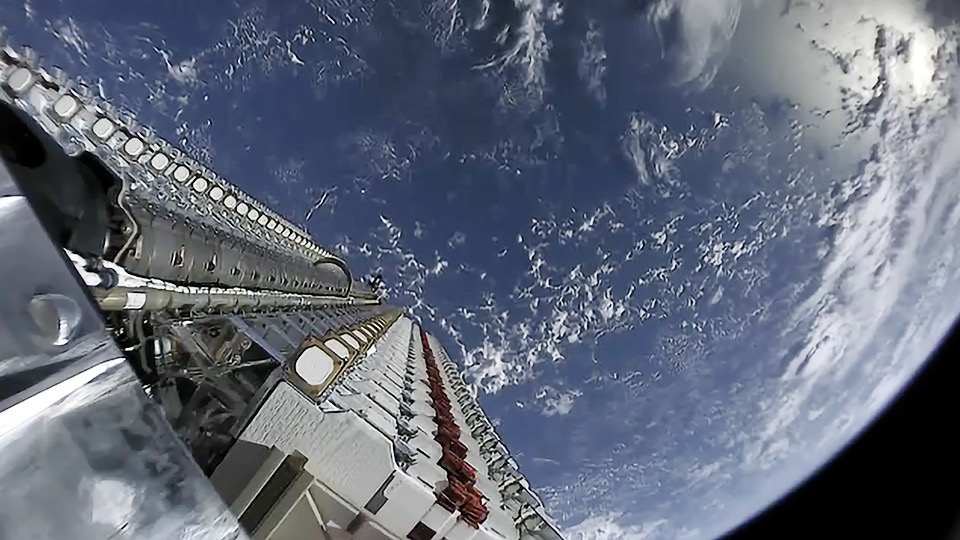· space brief · 4 min read
Space Brief 31 Dec 2024
Today's Space Brief highlights the latest developments in China's megaconstellation funding, Russia's nuclear posturing in Europe, and other significant military activities.

📄Top Stories
China’s satellite ambitions continue to expand as a major manufacturer secures significant new funding for its megaconstellation. Meanwhile, geopolitical tensions persist with Russia’s continued nuclear threats in Europe, reflecting escalating space surveillance and satellite tracking demands. In military and defense news, the Pentagon allocates additional aid to Ukraine amidst stagnant defense spending due to domestic political events.
📰Detailed Coverage
Significant Funding Boost for China’s Megaconstellation Project
A Chinese satellite manufacturer involved in developing the Thousand Sails megaconstellation has successfully raised $137 million in Series A+ funding. This injection aims to accelerate the expansion of China’s satellite network, which underscores the country’s commitment to enhancing its capabilities in the commercial and strategic space sectors.
This funding round highlights the competitive landscape of global satellite networks, where rapid growth necessitates advanced satellite tracking to manage increasingly congested orbits. Read the full story: SpaceNews
Russia’s Nuclear Posturing in Europe: Strategic Implications
Russia’s stance in Europe has taken a sharper tone with increased nuclear threats. Despite continued conflict dynamics in Ukraine, Moscow’s strategic advancements and nuclear rhetoric signal heightened military tensions on the continent.
This ongoing situation emphasizes the critical role of satellite surveillance in monitoring military maneuvers and potentially deter further escalation. Read the full story: Breaking Defense
Pentagon’s Continued Support for Ukraine Amid Funding Challenges
The Pentagon has announced a new $2.5 billion aid package for Ukraine, even as USAI funds face depletion challenges. This funding underscores the ongoing U.S. dedication to Ukraine’s defense capabilities during protracted conflict dynamics in Eastern Europe.
The allocation includes advanced technology likely enhanced by satellite reconnaissance, underscoring satellite tracking’s vital role in modern warfare logistics and intelligence gathering. Read the full story: Breaking Defense
U.S. Defense Spending at a Crossroads
Defense spending experiences stagnation as political focus shifts heavily towards electoral politics within the United States. Key legislative actions remain on hold, affecting future military strategies and expenditures.
This period highlights the essential balancing act between national priorities and global defense obligations, with potential impacts on future satellite defense programs. Read the full story: Breaking Defense
Adaptation of AI in Defense Operations
The Pentagon’s adaptation of AI technologies through newly established guidelines has put the U.S. defense forces at the forefront of AI-enabled operations. This move aligns with broader trends of utilizing AI for improved operational efficiency within classified and sensitive areas.
Harnessing AI in defense systems hints at future satellite management and operational automation, showcasing innovation in military applications. Read the full story: Breaking Defense
🛰️Satellite Spotlight
- Satellite Name: COSMOS 2490
- NORAD ID: 39485
- Launch Date: 2013-12-25
- Mission: Military communications satellite for Russia, part of the Strela-3M network.
- Orbit: Inclination 82.4827°, Period 115.86 minutes, Eccentricity approximately 0.0021
- Operator: Russian Aerospace Defence Forces (VVKO)
- Fun Fact: COSMOS 2490 is part of a series that helps secure Russian communication capabilities in polar regions due to its high inclination orbit.
Current TLE Data:
1 39485U 13076C 24366.40931231 .00000049 00000-0 28069-3 0 99991
2 39485 82.4827 140.2407 0021433 190.5211 169.5423 12.42906936499905Track this satellite in real-time on our web app: Track COSMOS 2490
Upcoming Space Launches
January 2
- SpaceX Falcon 9:
- Thuraya 4-NGS from Cape Canaveral SFS, FL, USA (05:00 UTC) Thuraya 4-NGS is a communication satellite for the UAE, providing advanced routing flexibility and dynamic power allocation.
January 5
- SpaceX Falcon 9:
- Starlink Group 6-71 from Cape Canaveral SFS, FL, USA (17:10 UTC) A batch of satellites for the Starlink mega-constellation to provide space-based Internet services.
January 6
- Blue Origin New Glenn:
- Maiden Flight from Cape Canaveral SFS, FL, USA (04:30 UTC) Maiden flight carrying the Blue Ring payload tug to support National Security Space Launch certification.
- SpaceX Falcon 9:
- Starlink Group 12-11 from Kennedy Space Center, FL, USA (16:19 UTC) Launch of additional satellites for the Starlink Internet constellation.
January 10
- SpaceX Starship:
- Flight 7 from SpaceX Starbase, TX, USA (22:00 UTC) Seventh test flight of the two-stage Starship launch vehicle.
January 28
- SpaceX Falcon 9:
- SpainSat NG I from Cape Canaveral SFS, FL, USA (04:00 UTC) Provides secure communications to the Spanish government and international organizations.
January 31
- Rocket Lab Electron:
- Kinéis 16-20 from Rocket Lab Launch Complex 1, Mahia Peninsula, New Zealand (00:00 UTC) Launching the fourth batch of satellites for the French Kinéis IoT constellation.
- SpaceX Falcon 9:
- Blue Ghost Lunar Lander Mission 1 & Hakuto-R M2 “Resilience” from Kennedy Space Center, FL, USA (00:00 UTC) The mission includes a commercial lunar lander and a small rover for NASA’s CLPS program and lunar studies.
- SpaceX Falcon 9:
- Starlink Group 12-3 from Cape Canaveral SFS, FL, USA (00:00 UTC) Deployment of satellites to expand the Starlink Internet network.
Note: Launch dates and times are subject to change due to technical or weather considerations.

Maurice Stellarski





